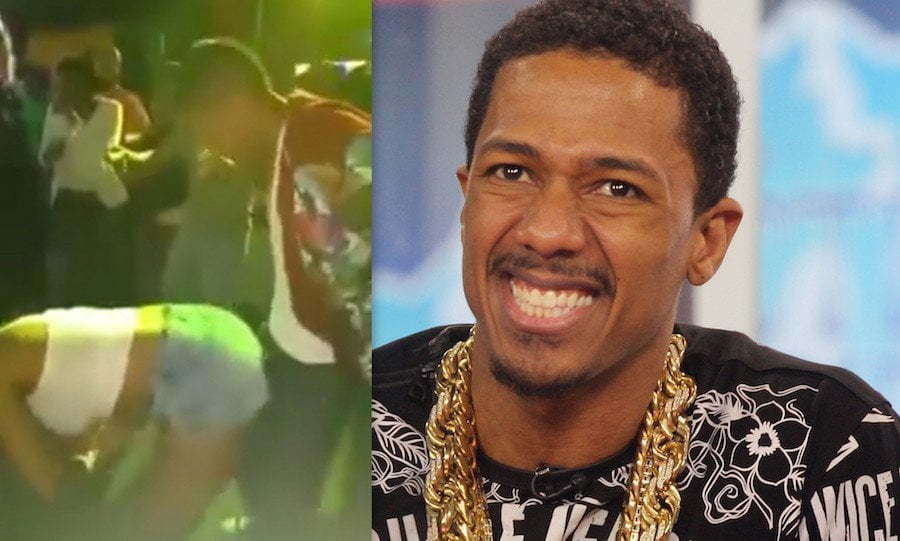

Jamaica’s best known religion is Rastafarianism, which centers around the divinity of the late Haile Selassie, emperor of Ethiopia. Methodists, Baptists, Presbyterians, Roman Catholics, Seventh Day Adventists, Christian Scientists and other groups also have significant memberships. The Church of Jamaica, formerly the Church of England, has the largest following. Religion is an important part of Jamaican life.

(A tour guide recently told us that Jamaica has more churches per capita than any other destination.) Scholars believe this pattern came from West African speech.Īs you wind through communities in the Jamaican countryside, you’ll notice the many churches. INTERESTING FACT:Patois uses many repeated words, such as bo-bo (silly person) and was-was (wasp). Other influences include the language of Mendi, Igbo, Efik, Yoruba, Kongo, Kimbundu, Ewe, Mandinka and, possibly Swahili. Most are believed to come from the Twi language and other Gold Coast (not Ghana) languages. Jamaica’s patois includes words from many different African languages. With patois, “You get more mileage out of your tongue,” one Jamaican explained to us. Jamaican patois is a fascinating use of the language.

Spoken in a sing-song style, the result is as exotic as any foreign language. This musical dialect is a combination of English, Spanish, Portuguese, African phrases and a good dose of Jamaican slang.

But the language of the streets is patois. The official language of Jamaica is English, spoken in proper fashion with a uniquely Jamaican accent. Chinese and African-Chinese residents compose a little over 1% of the population. East Indians and African-East Indians make up about 3.4% of the population, while Caucasians represent about 3.2%. Today, 92% of Jamaica’s residents are of Black African descent.


 0 kommentar(er)
0 kommentar(er)
